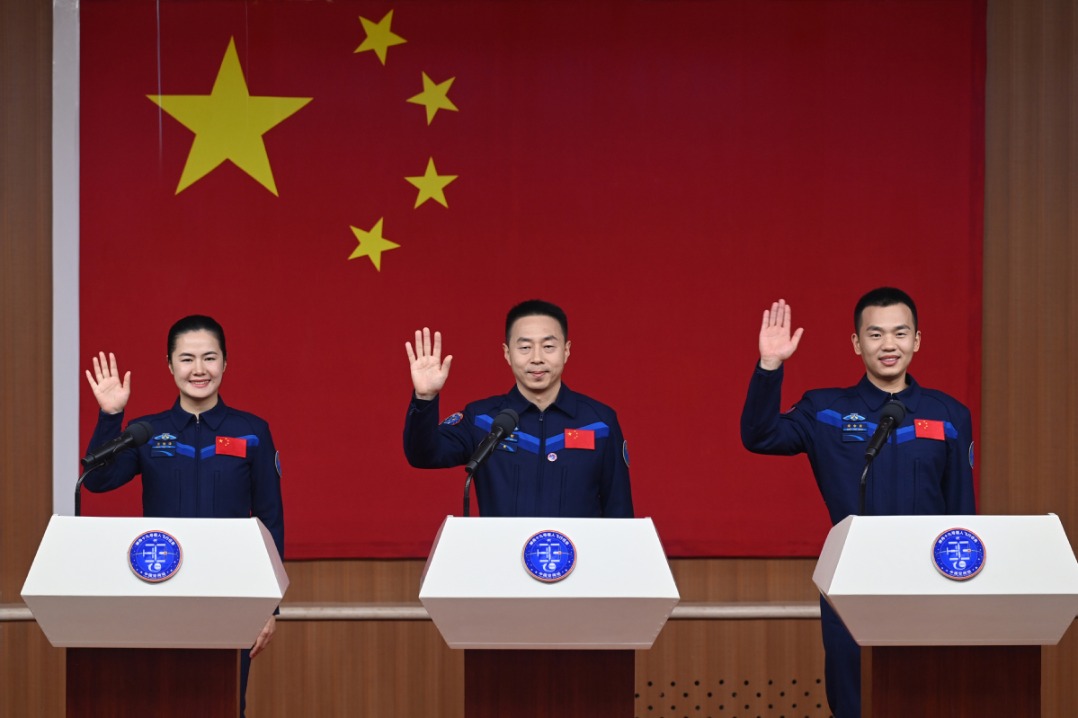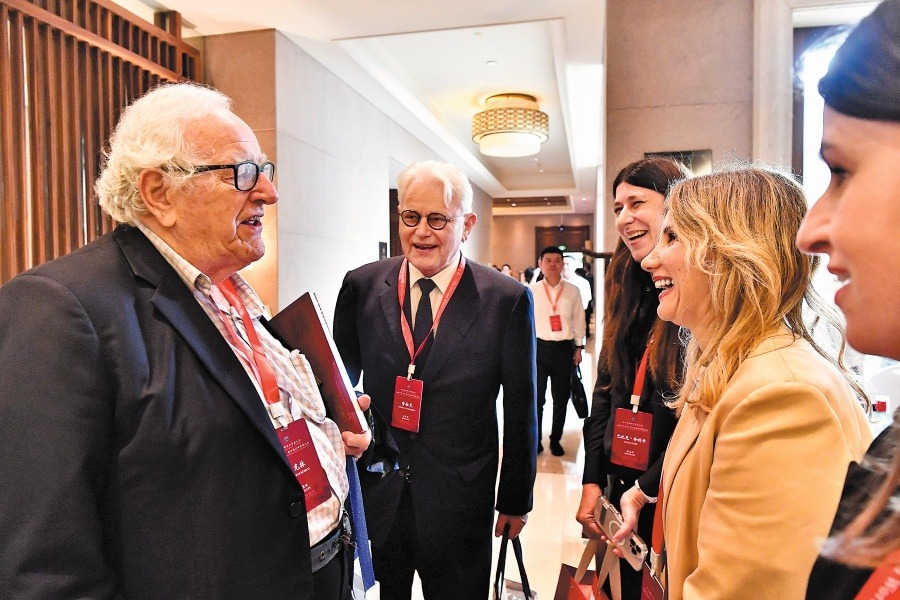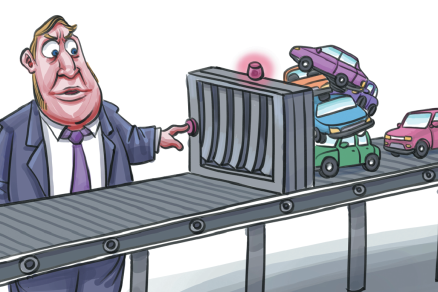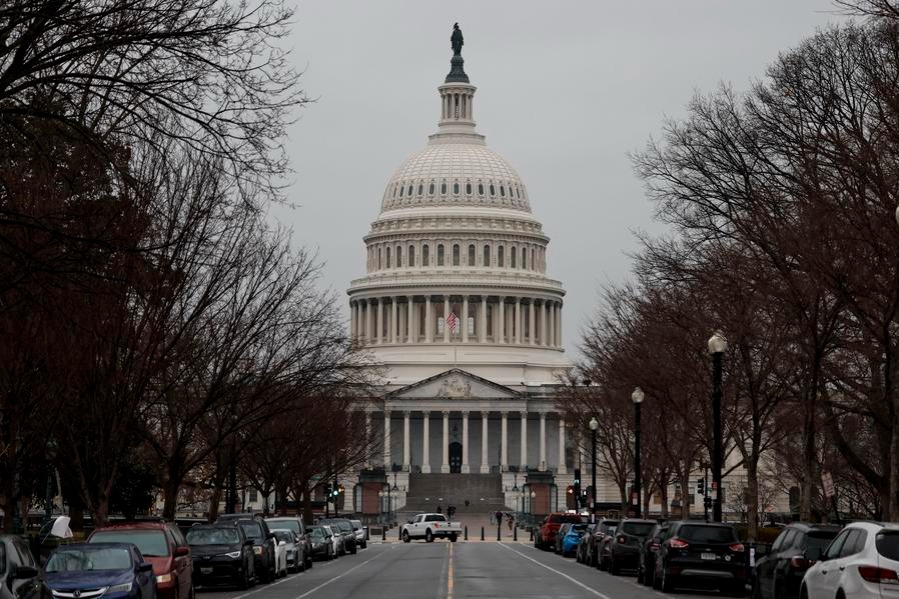EU should seek a balanced EV strategy

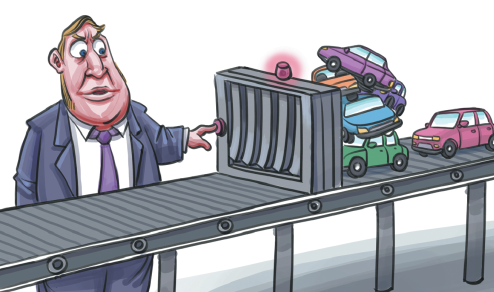
As the electric vehicle (EV) market reshapes global economies and influences geopolitical alliances, the EU-China trade talks on EVs represent a critical moment for Europe's future as an industrial and environmental powerhouse. Unlike the US, which has tightened its stance on Chinese technology imports, the European Union holds the potential to forge a more balanced approach. This strategy would not only avoid restrictive US-style policies but also provide European consumers and businesses access to competitive and innovative EV options—especially from China's rapidly advancing EV sector.
The US ICTS (Information and Communications Technology and Services) Rule, which prohibits certain Chinese technology imports on security grounds, reflects the US government's broad stance to reduce reliance on China. This policy has significantly affected global supply chains, impacting industries from telecommunications to automotive. Yet, its implications extend beyond security, as it restricts economic competition in the US by limiting consumer access to affordable and innovative products, especially in high-tech industries where China excels.
Chinese companies have achieved remarkable advances in EV technology, making strides in affordability, battery efficiency, and autonomous capabilities. BYD, NIO, and Xpeng—leaders in the Chinese EV sector—are not only competitive on price but also bring significant advancements in design and software, pushing global EV development. Their innovations align with Europe's goal of achieving net-zero emissions by making EVs more accessible to a broader consumer base, addressing both environmental and economic needs.
For Europe, supporting trade with Chinese EV producers could mean accelerating EV adoption rates, achieving climate targets sooner, and sparking innovation among domestic carmakers. Chinese EV companies have demonstrated the ability to mass-produce high-quality vehicles at competitive prices, which could help offset the rising costs associated with new European emissions regulations and ongoing inflationary pressures. Further, as the Rhodium Group has noted, the global auto supply chain is already shifting to accommodate emerging technologies; in this context, blocking Chinese EVs would limit Europe's access to crucial advancements and potentially hinder its technological progress.
If the EU was to adopt restrictions akin to the US ICTS Rule, it could harm European automakers and consumers alike. Restrictions on imports from China would force European manufacturers to rely on more expensive suppliers, raising costs throughout the industry. Moreover, Europe's commitment to climate action would suffer as a result; limiting access to affordable, efficient Chinese EVs could slow down the region's EV adoption and reduce the competitiveness of local markets. This shift would particularly impact middle-income European consumers, who already face limited choices in the EV market compared to higher-income buyers.
Additionally, the US' approach to the global auto supply chain has intensified into a tech "cold war," leading to fragmented markets and reduced collaborative innovation. Europe could avoid this path by pursuing a more open trade policy, positioning itself as a bridge for cooperation rather than competition.
European regulators could implement independent standards that emphasize product safety without isolating Chinese suppliers. By setting standards around data privacy, vehicle connectivity, and network security that all imported EVs must meet, the EU could ensure that only compliant vehicles enter the European market while maintaining access to competitive and advanced options from global suppliers.
As Europe faces an urgent need to reduce greenhouse gas emissions, collaboration with China's EV sector could prove essential. EU could benefit from a pragmatic approach focused on environmental gains and technological growth. China, the world's largest EV market, has developed battery technology, renewable energy infrastructure, and cost-effective EV production systems that could be valuable assets for Europe's green goals.
In a rapidly evolving global EV market, the EU is at a crossroads between open trade and restrictive policies. Adopting an independent stance would allow Europe to maximize the benefits of Chinese advancements while protecting its own industry standards. Rather than adopting policies that limit choice and restrict access to affordable, high-quality EVs, Europe should consider a balanced engagement strategy that integrates Chinese technology responsibly, ensuring a competitive market for European consumers.
Qaiser Nawab is the President of the Belt and Road Initiative for Sustainable Development (BRISD) and an international expert on multilateralism and the United Nations Sustainable Development Goals. The views don't necessarily reflect those of China Daily.
If you have a specific expertise, or would like to share your thought about our stories, then send us your writings at opinion@chinadaily.com.cn, and comment@chinadaily.com.cn.

















